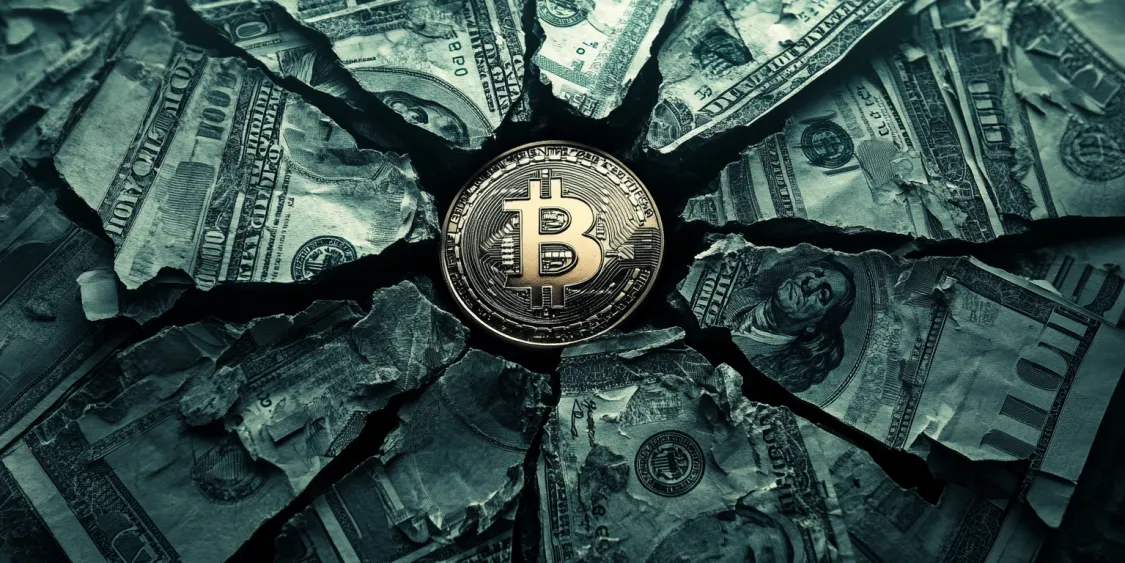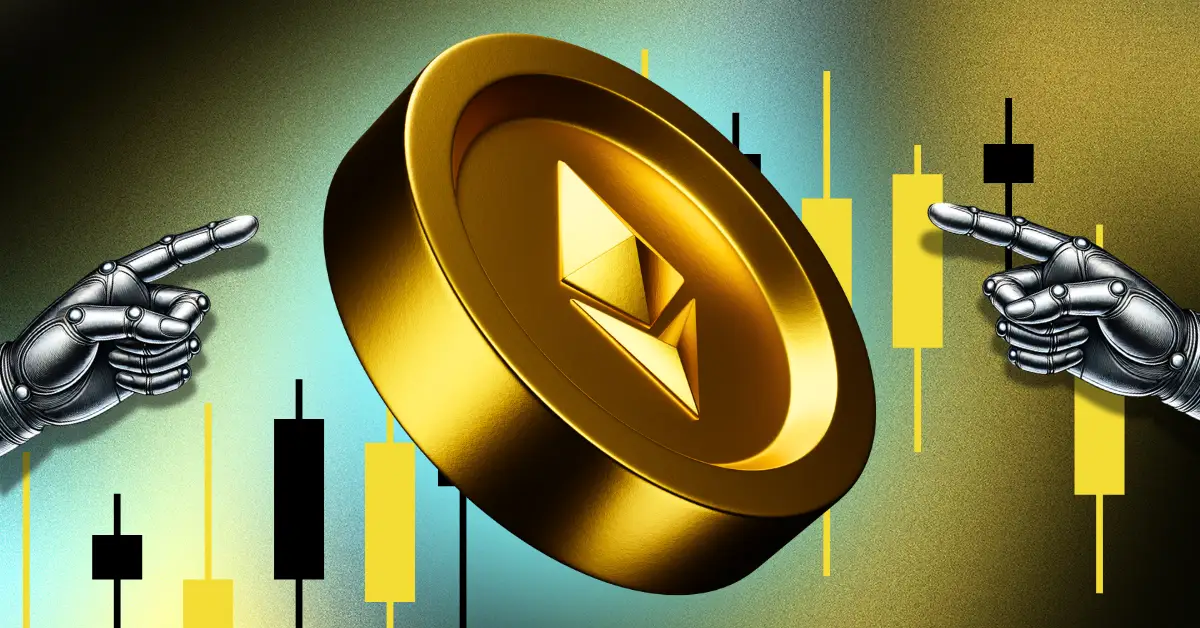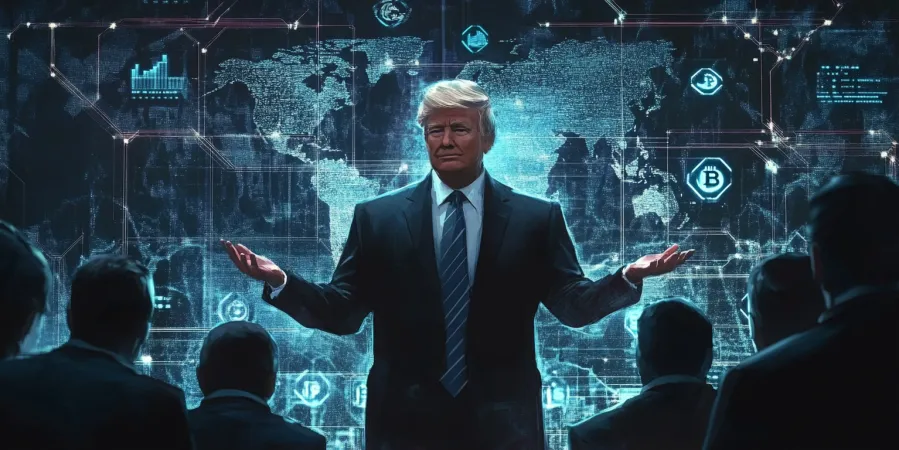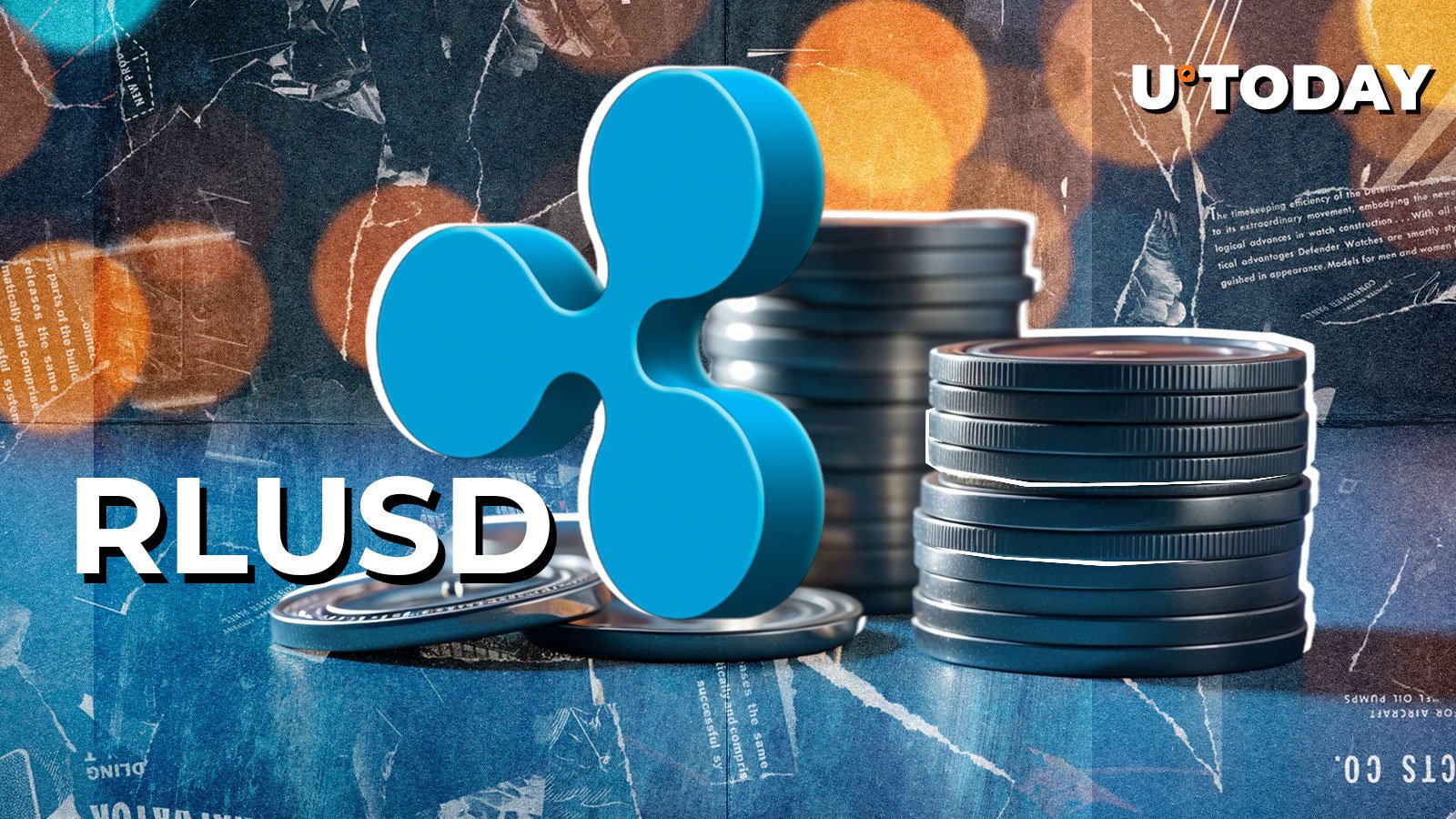The Threat to the US Dollar: Larry Fink’s Warning
In a letter to CEOs, BlackRock Inc. CEO Larry Fink raised concerns about the potential threat the US dollar faces in retaining its status as the global reserve currency. This warning comes as the national debt continues to rise, and an increasing number of investors are turning to digital currencies, such as Bitcoin, as a viable alternative.
The US National Debt
The US national debt has been a topic of concern for many years. According to the US Treasury Department, the national debt stood at approximately $28.4 trillion as of March 2023. This figure represents a significant increase from the $21 trillion mark reached just a few years ago.
The growing debt burden is a cause for concern for many, including Fink. In his letter, he stated, “The US can’t keep running up large and increasing deficits, printing money to monetize the debt, and expecting no consequences.”
The Rise of Digital Currencies
As the national debt continues to rise, investors are increasingly looking for alternatives to traditional currencies. One such alternative is Bitcoin. The digital currency has gained significant traction in recent years, with its value reaching all-time highs.
The decentralized nature of Bitcoin makes it an attractive option for investors seeking to protect their wealth against inflation and potential economic instability. Moreover, the limited supply of Bitcoin, which is capped at 21 million coins, adds to its appeal as a store of value.
The Impact on Individuals
For individuals, the potential loss of the US dollar’s global reserve currency status could have significant implications. One potential consequence is increased inflation, as the value of the dollar may decline, leading to higher prices for goods and services.
Moreover, investors may look to alternative currencies, such as Bitcoin, as a hedge against inflation and potential economic instability. This shift could lead to increased demand for digital currencies and potentially higher prices.
The Impact on the World
The potential loss of the US dollar’s global reserve currency status could have far-reaching implications for the global economy. For instance, it could lead to increased volatility in financial markets, as investors seek to adjust to the new reality.
Moreover, it could lead to a shift in the balance of power away from the US and towards other countries, such as China, which have been pushing for the internationalization of their currencies. This shift could have significant geopolitical implications.
Conclusion
Larry Fink’s warning about the potential threat to the US dollar’s global reserve currency status is a timely reminder of the need for fiscal responsibility. As the national debt continues to rise, and investors seek alternatives to traditional currencies, the consequences could be significant.
For individuals, the potential loss of the US dollar’s status could lead to increased inflation and potentially higher prices for goods and services. It could also lead to increased demand for digital currencies, such as Bitcoin, as a hedge against inflation and potential economic instability.
For the world, the potential loss of the US dollar’s status could lead to increased volatility in financial markets and a shift in the balance of power towards other countries. It could also have significant geopolitical implications.
It is essential that policymakers take heed of Fink’s warning and take steps to address the national debt issue. Failure to do so could have far-reaching consequences for individuals and the global economy.
- Individuals may face increased inflation and potentially higher prices for goods and services.
- Investors may look to alternative currencies, such as Bitcoin, as a hedge against inflation and potential economic instability.
- The potential loss of the US dollar’s status could lead to increased volatility in financial markets.
- It could also lead to a shift in the balance of power towards other countries, such as China.
- Geopolitical implications could arise from the potential loss of the US dollar’s status.





